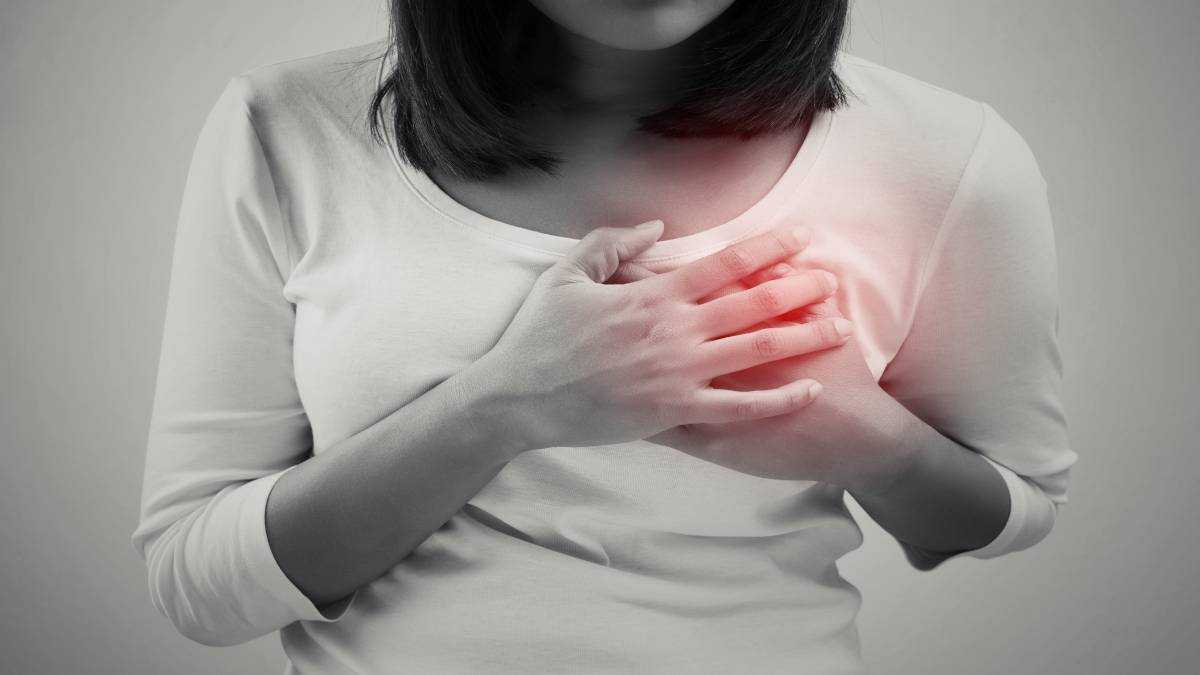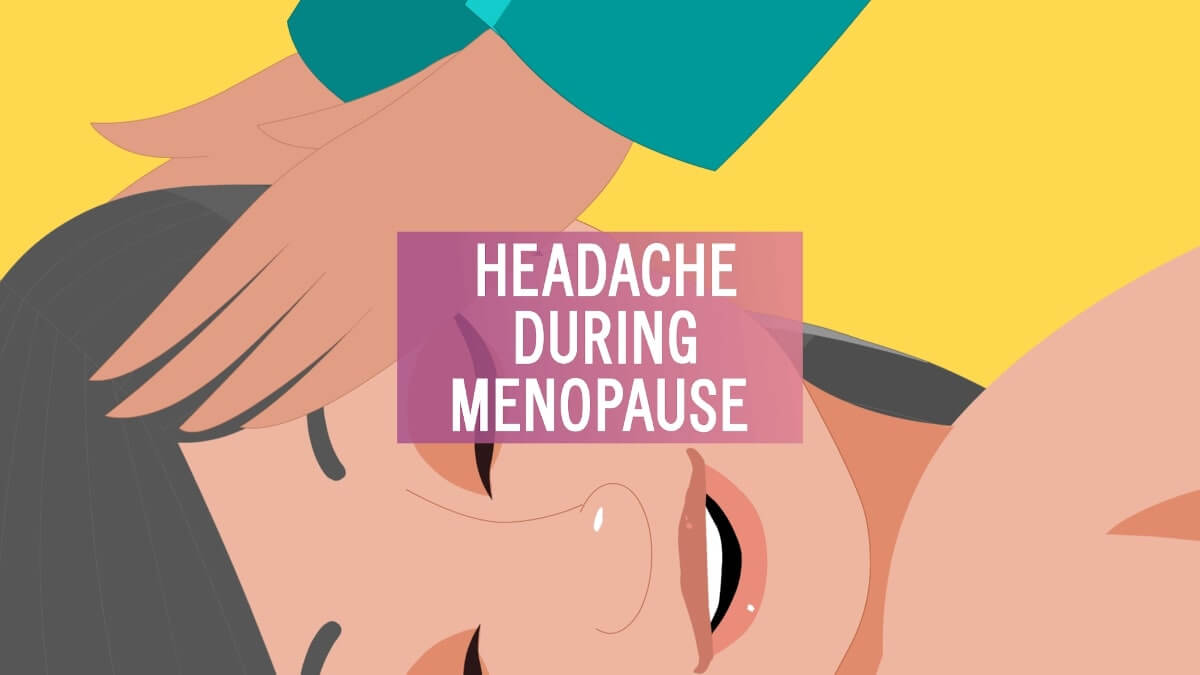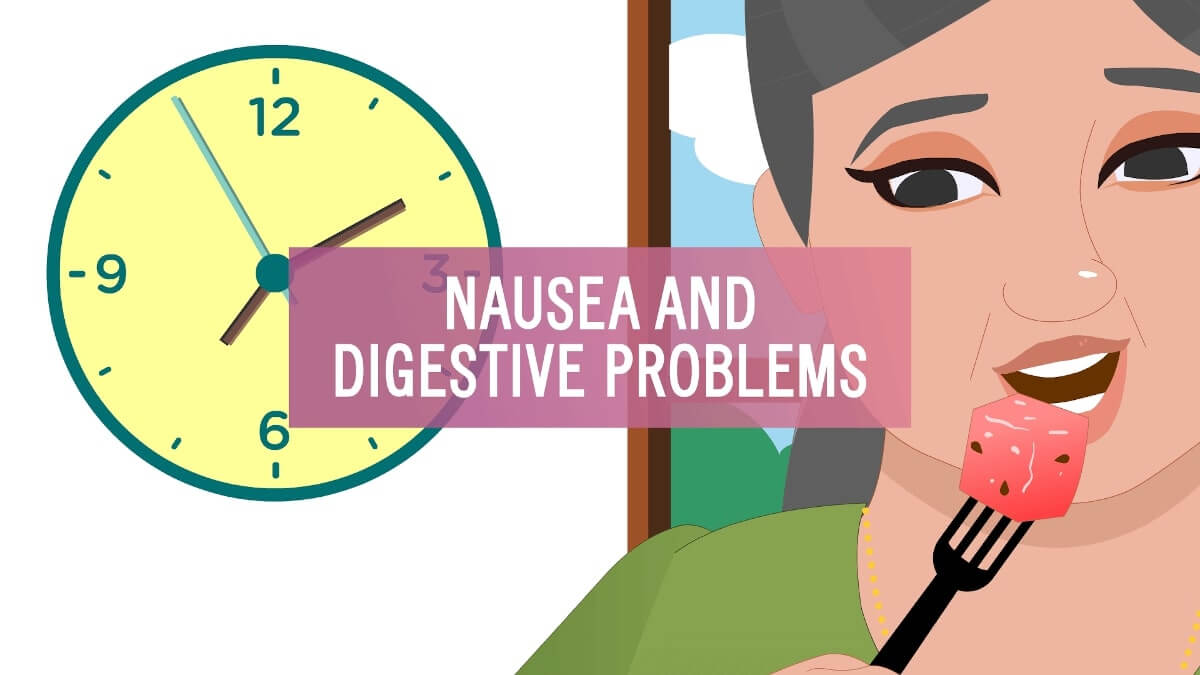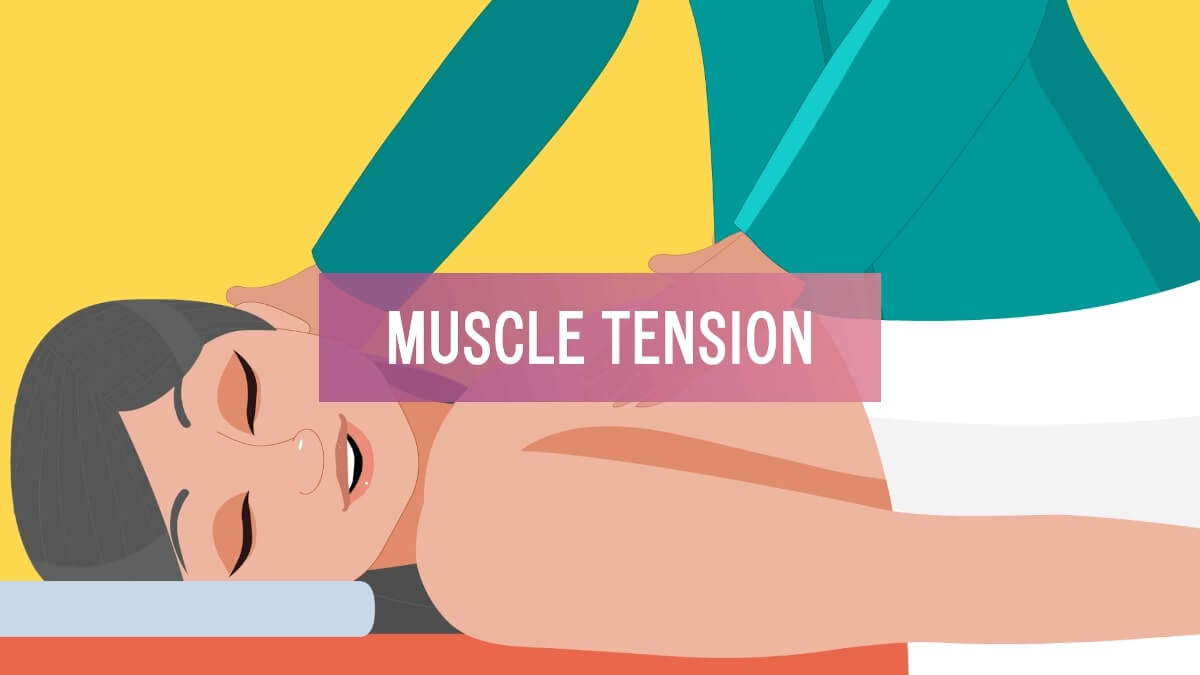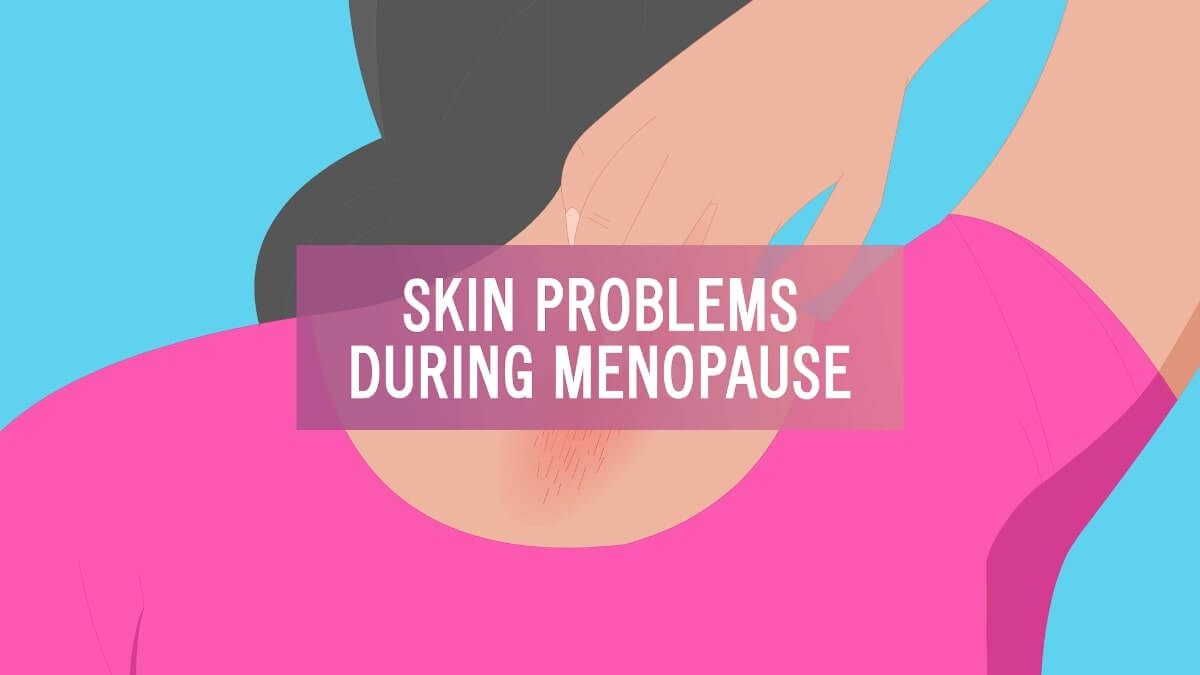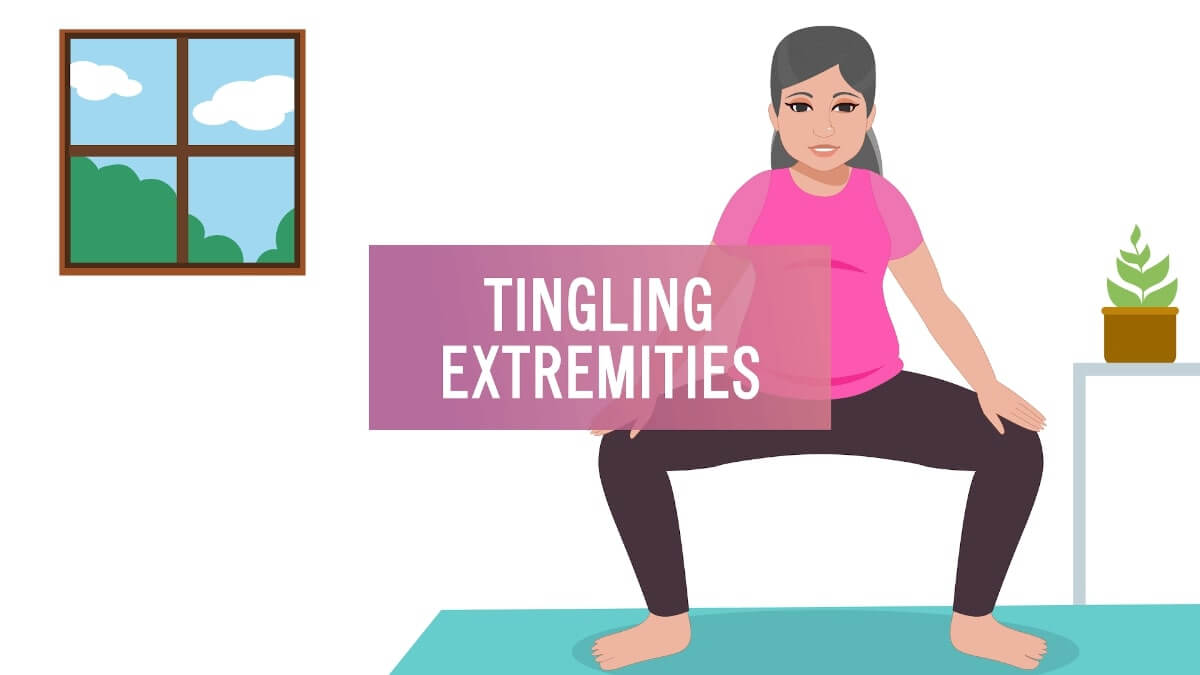According to the American Academy of Oral Medicine, Burning Mouth Syndrome occurs in about 2% of the population.
In menopause, the decrease in hormones can reduce saliva production, give a metallic taste inside the mouth, and trigger a burning sensation in the mouth. Some menopausal women also have an increased sensitivity to pain. The burning sensation in the mouth may be mild or severe. Some describe it as a feeling similar to eating food that is too hot or scalding. In milder cases, there may be tingling or numbness. It affects women between the 5th and 7th decade of their lives.
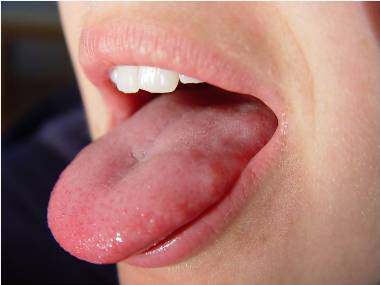
There are two kinds of conditions, depending on the cause:
Primary Burning Mouth Syndrome
This is known as essential/idiopathic burning mouth syndrome as it does not have an identifiable cause. The burning mouth can be a symptom of many disorders or diseases. Therefore, the diagnosis of this situation is complicated. For an accurate diagnosis, your doctor may also perform additional tests to detect any abnormalities:
- Blood tests – CBC, blood glucose, thyroid
- Oral swab
- Allergy test
- Saliva flow test
If no organic, local, or systemic cause can be identified it can be confirmed as Primary Burning Mouth Syndrome.
In postmenopausal women, burning mouth syndrome may be seen in 18-33% of women. After menopause, burning mouth syndrome may be caused by a drop in estrogen levels. This triggers a reduction in saliva secretion, metallic taste, and burning sensation. Additionally, one may experience increased sensitivity to pain.
Typically, the areas affected are — the tip of the tongue, lips, lateral sides of the tongue, and the palate. The burning sensation may be less in the morning and may increase after the first meal and may reach its peak by evening. The discomfort may aggravate further with hot food, when speaking or by stress. Hormone replacement therapy may relieve the symptoms in menopausal women. But more research is needed to confirm this.
Burning Mouth secondary to other causes
This has a clearly identifiable cause. Possible causes may be:
- Hormonal changes
- Allergies
- Dry mouth
- Drugs
- Nutritional deficiency, which is a deficiency of iron, zinc or vitamin B
- Mouth infection
- Acid reflux
- Lichen planus
These can be treated depending on the underlying cause. For dryness of mouth, a medication that increases saliva secretion may be used and vitamins may be supplemented. Acid reflux may be treated by taking medication to neutralize stomach acid. Mouth infections like candidiasis should be treated with antifungals.
Prevention of menopausal mouth burning
The following measures can be taken to prevent menopausal burning mouth syndrome:
- Sucking on ice chips
- Drinking cold liquids
- Avoid hot and spicy foods
- Avoid foods and drinks that may have an excess of acid, such as citrus fruits, soft drinks, and coffee.
- Avoid alcohol and tobacco products
- Avoid medications that contain alcohol
Possible treatment options include:
- Products that can help generate saliva and provide relief from dry mouth.
- Vitamin supplements (including iron, zinc, and vitamin B) to provide nutrition.
- Ointments (like capsaicin) for pain relief.
- Medications for depression or anxiety and to relieve pain.
- A change of toothpaste or use baking soda to rinse your mouth.
- Relaxation or yoga may help
If your doctor thinks a particular medication is causing your mouth to burn, he or she may recommend switching to a new drug.
Patients are generally reassured that the condition is non-fatal and not cancerous and will eventually resolve. However, the condition is still poorly understood and the treatment is empirical.
Special thanks to Dr Preeti Deshpande M.S.(OBGY), FICOG, Endoscopy Training IRCAD (France) for the expert advice.


